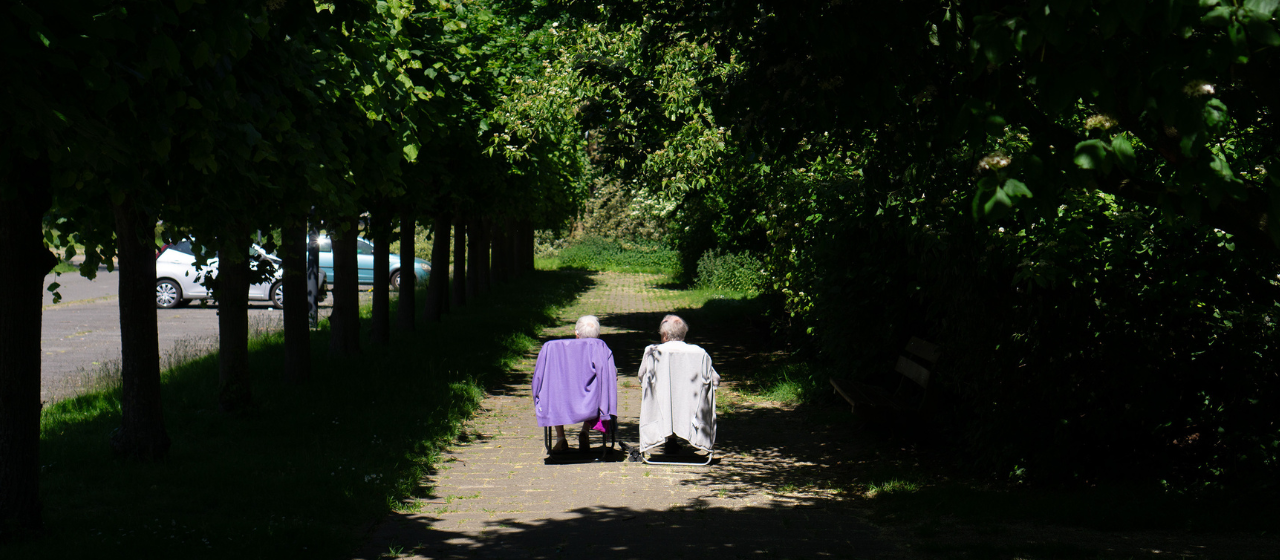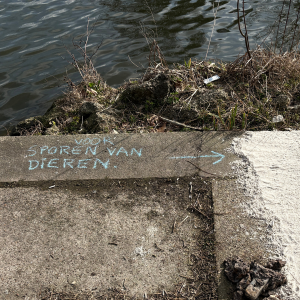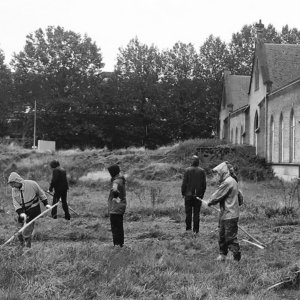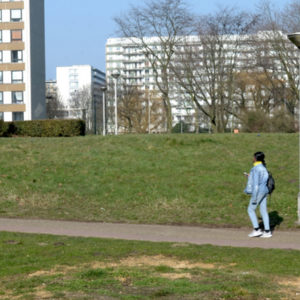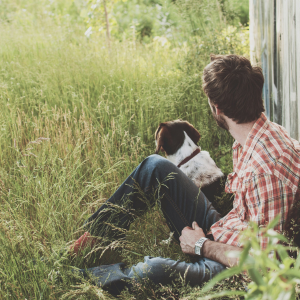In this research trajectory, we challenge the notion of the 'human ideal' and explore alternative approaches that center all forms of life. Our goal is to support just spatial transitions by addressing justice not only among human groups, but also between humans and the broader more-than-human world. We understand landscape as an inherently shared concept, shaped by and shaping all life forms, including ourselves. We see it as a socio-ecological community, and we approach design as a tool to help foster justice within that community.
The dominant societal view shaping our environment is constructed around one specific human ideal. Within this view we understand reality as hierarchical with the ‘ideal human’ at the top. This has enabled us to instrumentalise the landscape we inhabit, resulting in an increase in well-being and prosperity for humans. However, it has also brought unprecedented problems and challenges that are not distributed fairly. This injustice is found both among different groups of humans and between humans and all other forms of life. Indicative of this are the unequal distribution of the costs and benefits associated with climate change and the sixth mass extinction on Earth, which primarily affects non-human life.
In previous projects within this trajectory, we brought the issue of justice to the attention of landscape and garden architects, highlighted the city as a shared space for humans and all other life forms, developed a design approach that foregrounds our environment as a socio-ecological community, and advised design and art practices in addressing the more-than-human reality.
Projects and results.
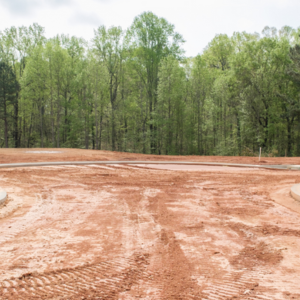
Kansen en uitdagingen van het Community Land Trust model voor rechtvaardige en duurzame stadstransitie. Case-study: CLT Gent
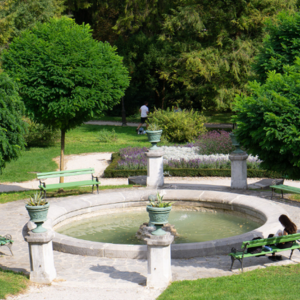
Sociale duurzaamheid in de landschaps- en tuinarchitectuur: naar een dialoog in onderwijs en praktijk (SoDuLTA)
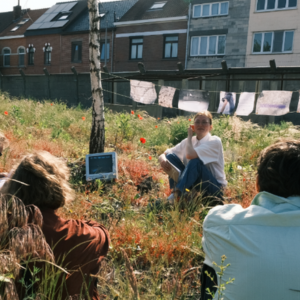
Decentering design: valorisatie van een ontwerpmethode voor mens en niet-mens
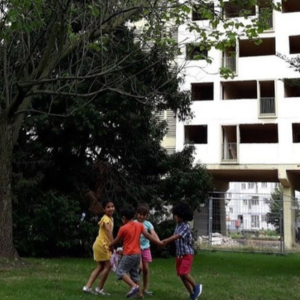
Woon- en omgevingskwaliteit in sociale huisvestingswijken in Vlaamse centrumsteden (WiSH)
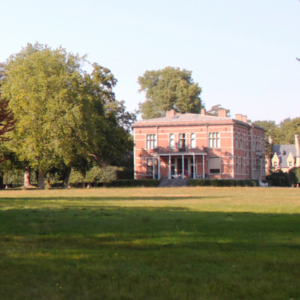
Een nieuwe kijk op landgoederen: ontwerpend onderzoek met een focus op gedeeld eigenaarschap

Behoud door ontwikkeling: nieuwe perspectieven op historische landgoederen in Vlaanderen
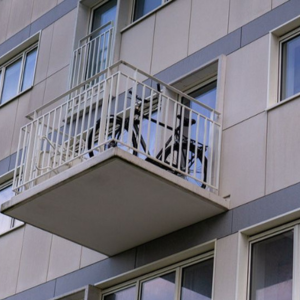
KIDS. KInderen in Stedelijke Ruimtes: ontwikkeling van een sociaal en ruimtelijk onderzoeks- en reflectiekader
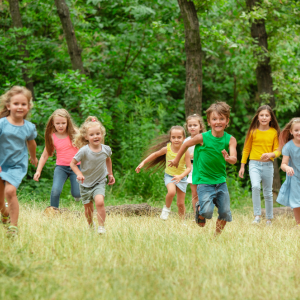
BLOK. Sociaalruimtelijk en ontwerpend onderzoek naar de [B]etekenisgeving [L]eefbaarheid en [O]ntplooiingskansen voor [K]inderen en tieners in de context van hoogbouw
Curious to learn more?
Do you find this information from our research trajectory Life-centered Design interesting? Then be sure to visit the webpage of the research centre Futures through Design.
